Criminals are increasingly turning to drones to smuggle and distribute illegal cigarettes across Europe, evoking new challenges for law enforcement and the Drone Industry. A recent report by consulting firm KPMG, commissioned by Philip Morris International, reveals that tobacco smugglers and black market sellers are leveraging drones and social media to deliver cigarettes, bypassing traditional detection methods. Published on June 11, 2025, the report highlights a 10.8% surge in illicit cigarette consumption in 2024 compared to 2023, driven by innovative smuggling tactics, according to Reuters.
Drones Emerge as a Key Smuggling Tool
The KPMG report details how criminal groups are making greater use of drones, alongside rail transport, to move smaller packages of illicit cigarettes. This shift allows smugglers to avoid physical stores and sell directly to consumers via social media platforms. Drones, known for their agility and discreet operation, enable these groups to transport goods over distances that can span several miles, evading border patrols and customs checks. The report notes that in 2024, almost 40 billion illicit cigarettes were consumed across 38 European nations, a figure based on a study of empty packs and interviews with law enforcement.
This trend underscores the dual nature of Drone Technology, which recreational pilots and professionals often use for photography, mapping, or delivery services. However, the illicit use of drones raises concerns about their regulation. Authorities must now consider enhanced monitoring systems, such as drone detection software, to counter these activities while preserving the technology’s legitimate applications.
Industry Trends and Economic Impacts
The shift toward smaller, drone-delivered packages reflects a tactical evolution since 2020, when criminal groups moved production closer to end-markets to reduce detection risks, partly due to pandemic disruptions. KPMG’s 2024 findings also indicate that groups are holding less inventory, resulting in smaller seizure sizes by law enforcers. This adaptability minimizes financial losses and complicates crackdowns, impacting the estimated $1.2 billion in lost tax revenues for European governments, as cited by tobacco companies.
Big tobacco firms argue that tax increases fuel this illicit growth. “Tax increases have driven growth in illicit cigarette consumption,” the report quotes industry representatives. Conversely, public health advocates, including the World Bank, counter that such claims are overstated. “High taxes can support public health by reducing tobacco consumption, while generating revenues for governments,” they assert, highlighting a contentious debate over taxation’s role.
For drone professionals, this development signals a need for stricter compliance with existing regulations, such as those set by the European Union Aviation Safety Agency (EASA). Manufacturers may also face pressure to implement geofencing or tracking features to prevent misuse, potentially influencing future drone designs.
Implications for Drone Pilots and Regulators
The rise in drone smuggling poses operational challenges for recreational pilots and law enforcement alike. Pilots must navigate stricter airspace rules, while regulators grapple with balancing innovation and security. The report’s evidence of budget airlines aiding smaller package smuggling suggests a broader logistical shift, prompting calls for enhanced cargo screening at airports.
Economically, the illicit trade undermines legitimate drone delivery services, which are gaining traction in Europe for e-commerce and healthcare. Companies like Amazon and UPS, testing drone deliveries, may face reputational risks if their technology is linked to smuggling narratives. Moving forward, industry stakeholders advocate for collaboration between drone makers, regulators, and law enforcement to safeguard the technology’s future.
This evolving landscape demands vigilance from the drone community. As criminals adapt, the industry must innovate responsibly to maintain TRUST and ensure drones remain a force for good.
Discover more from DroneXL.co
Subscribe to get the latest posts sent to your email.



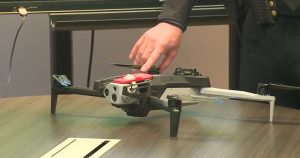

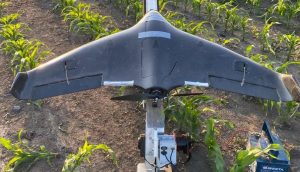

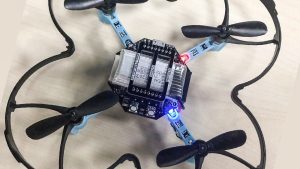

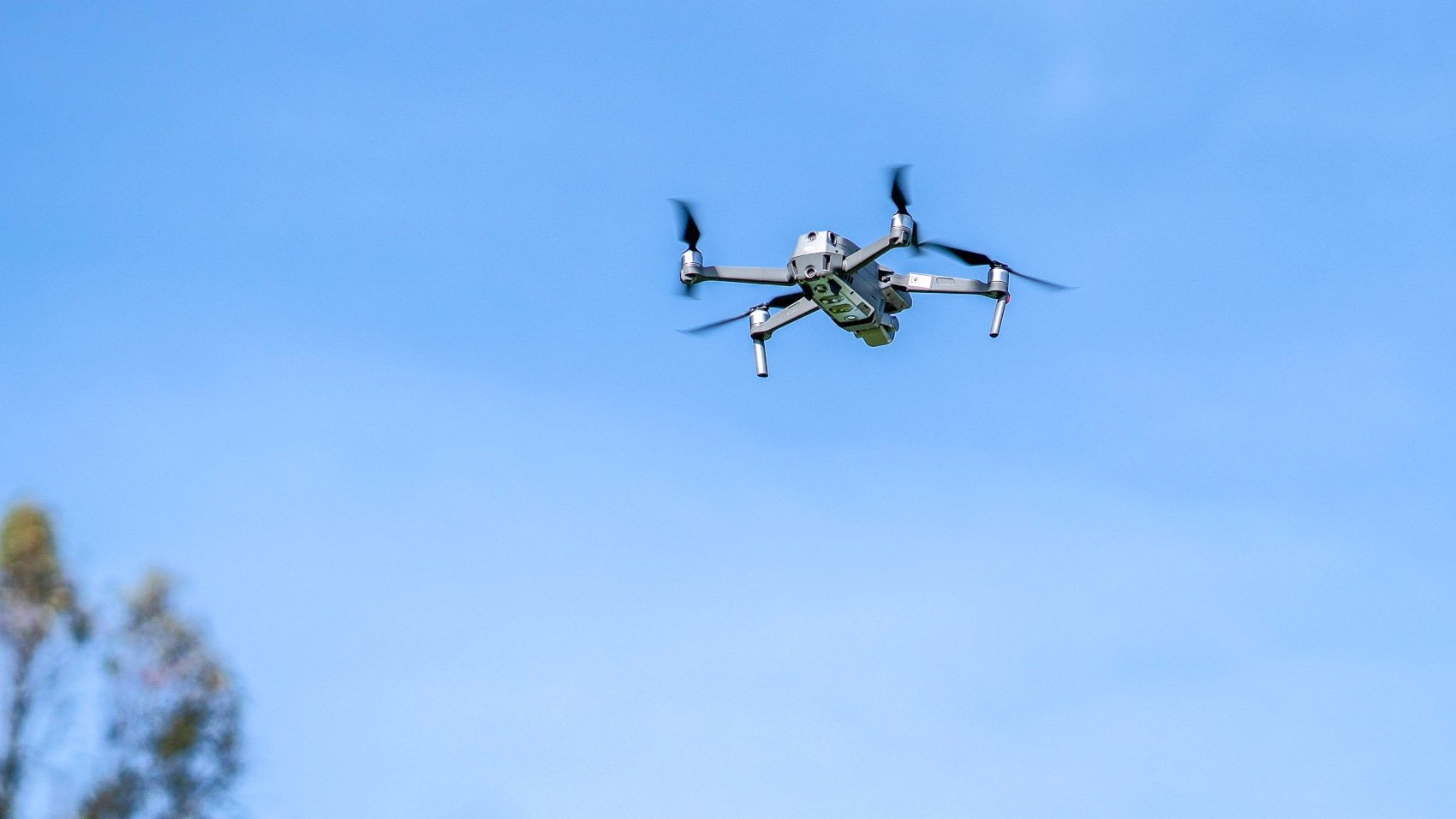

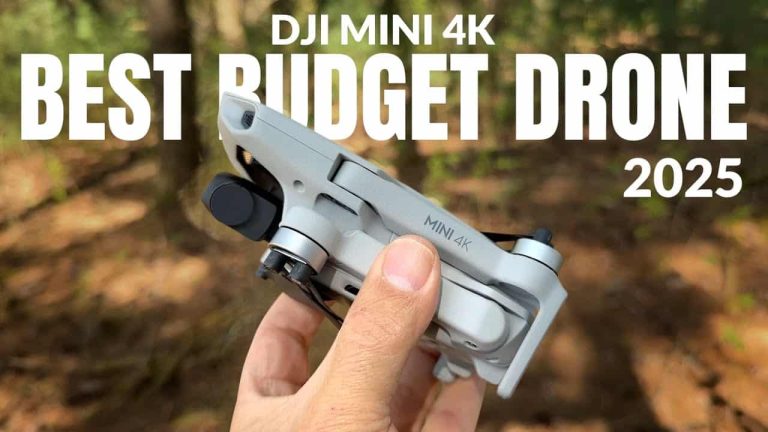
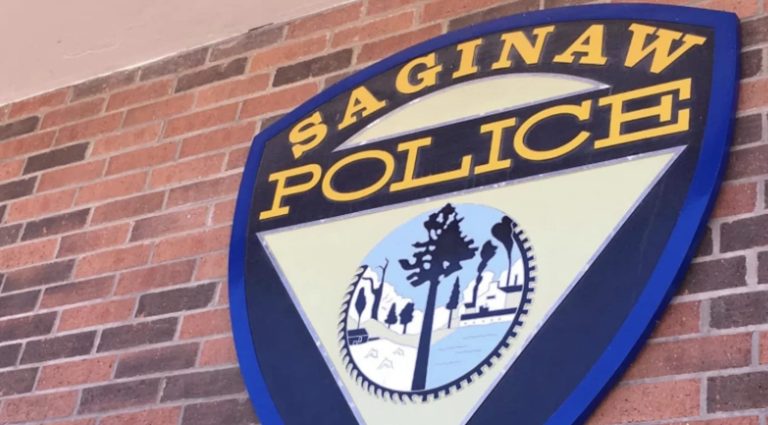
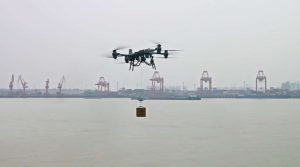
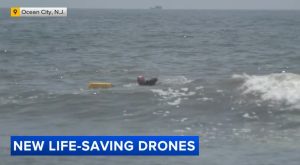
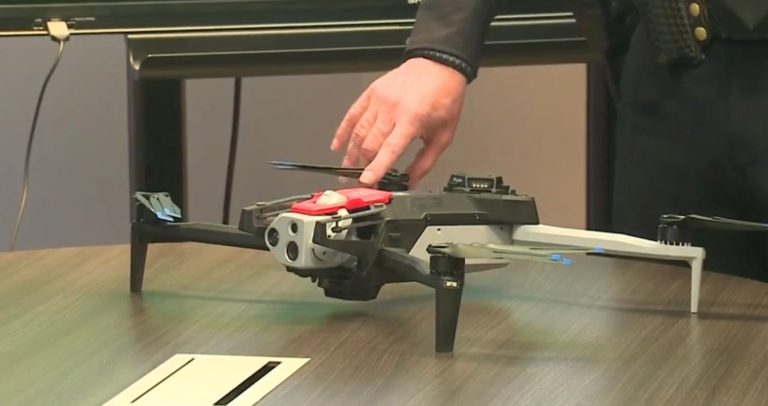

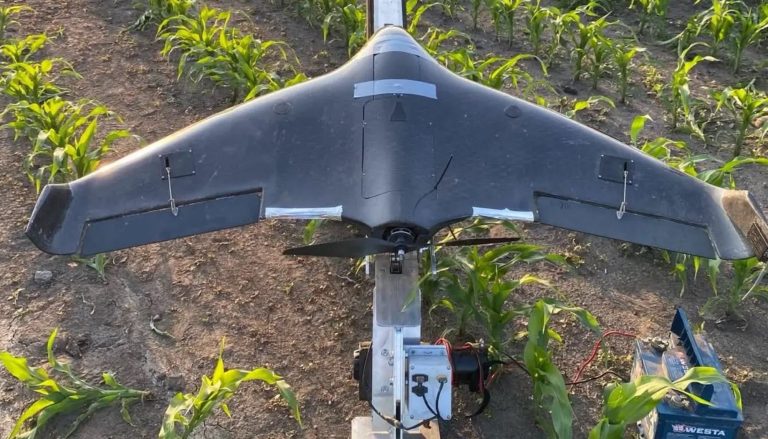
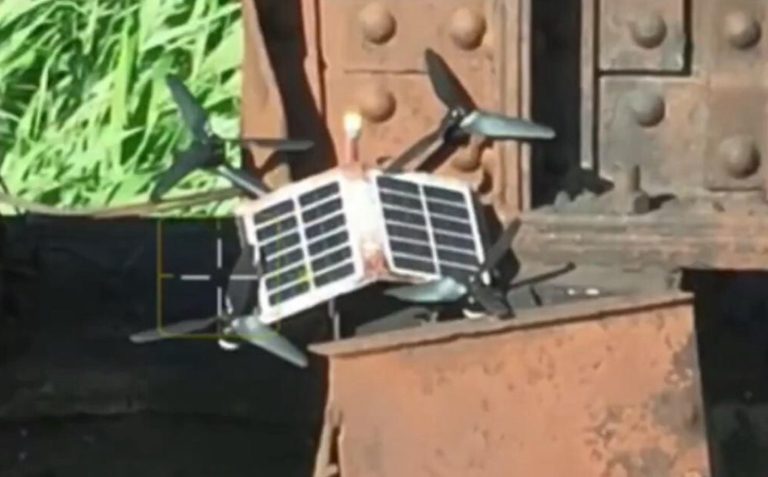
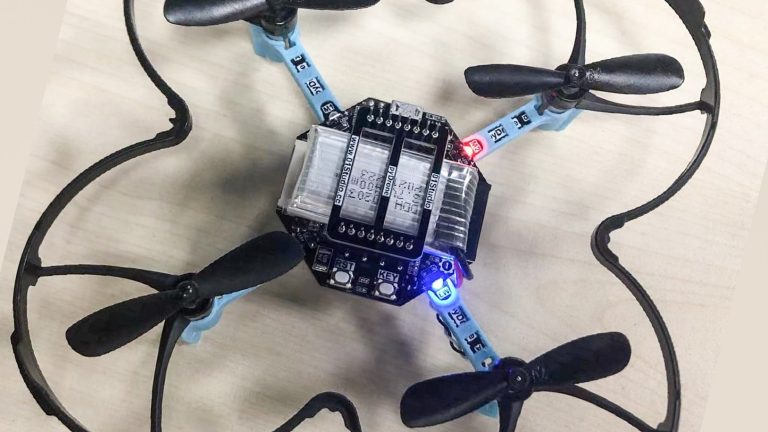
+ There are no comments
Add yours